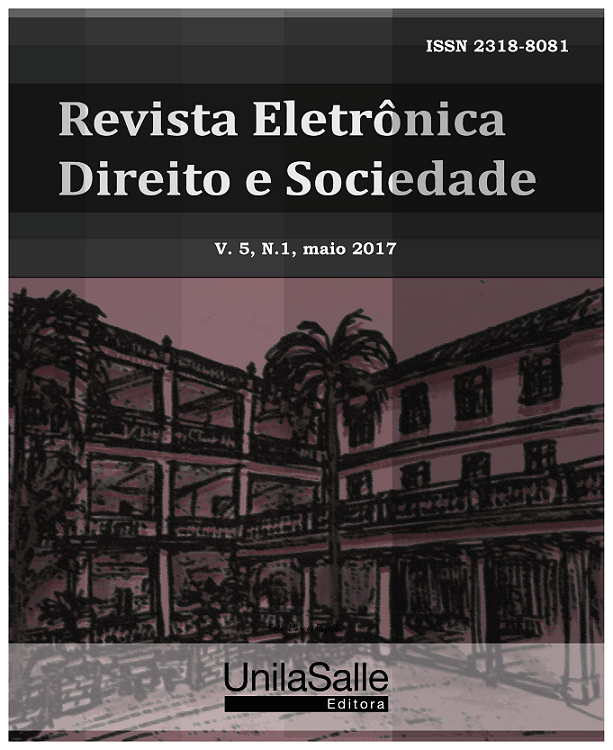The latin American paradigm of indigenous jurisdiction and the Brazilian panorama
DOI:
https://doi.org/10.18316/redes.v5i1.3338Keywords:
New Latin-America Constitutionalism, Legal Pluralism, Transconstitutionalism, Polycontexturality.Abstract
The world changed. The society is an era full of interconnected communications in a hypercomplex level - social phenomena can be presented in many different ways to many different legal systems. In Latin America, the process was not different. With the rise of the “New Constitutionalism Latin American”, founded on democratic, integrative and participatory principles, new forms of government have emerged - the old Republican State, Colonial, with a people, territory, and government, withered. Multiculturalism, plurinational and various legal dialogical games won voice before the extirpation of monocentralism gag. The example of Bolivia and Ecuador, indigenous peoples, which were not even constitutionally recognized as people of these states, now have autonomy and are able to manage and solve their own conflicts. In this path, it is necessary to analyze the Brazilian panorama, given that many indigenous people have no voice to self-determination - the “white man” still seeking to intervene that is within your reach. Therefore, it is imperative to rethink the national situation using the Transconstitucionalism theory in order to maintain a constitutional conversation to resolve conflicts between indigenous law and state law.
Downloads
Published
Issue
Section
License
Authors who submit their manuscripts for publication in the “REDES” Magazine agree to the following terms:
The authors claim to be aware that they retain copyright by giving “REDES” the right to publish.
The authors declare to be aware that the work submitted will be licensed under the Creative Commons Non-Commercial Attribution License which allows article sharing with acknowledgment of authorship and publication in this journal.
The authors declare to be aware that by virtue of the articles published in this journal have free public access.
The authors declare, under the penalty of the law, that the text is unpublished and original and that they are aware that plagiarism has been identified, plagiarized authors will be informed - willingly, to take legal action in the civil and criminal sphere - and, plagiarists will have their access to the magazine blocked.
The authors state that - in case of co-authoring - all contributed significantly to the research.
Authors are obliged to provide retractions and (or) corrections of errors in case of detection.
The authors are obliged not to publish the text submitted to “REDES” in another electronic journal (or not).
The Electronic Journal Law and Society - REDES - is licensed under a Creative Commons License. Attribution-NonCommercial 4.0 International.Based on work available at "http://revistas.unilasalle.edu.br/index.php/redes/about/submissions#copyrightNotice".
Permissions in addition to those granted under this license may be available at http://creativecommons.org/.

